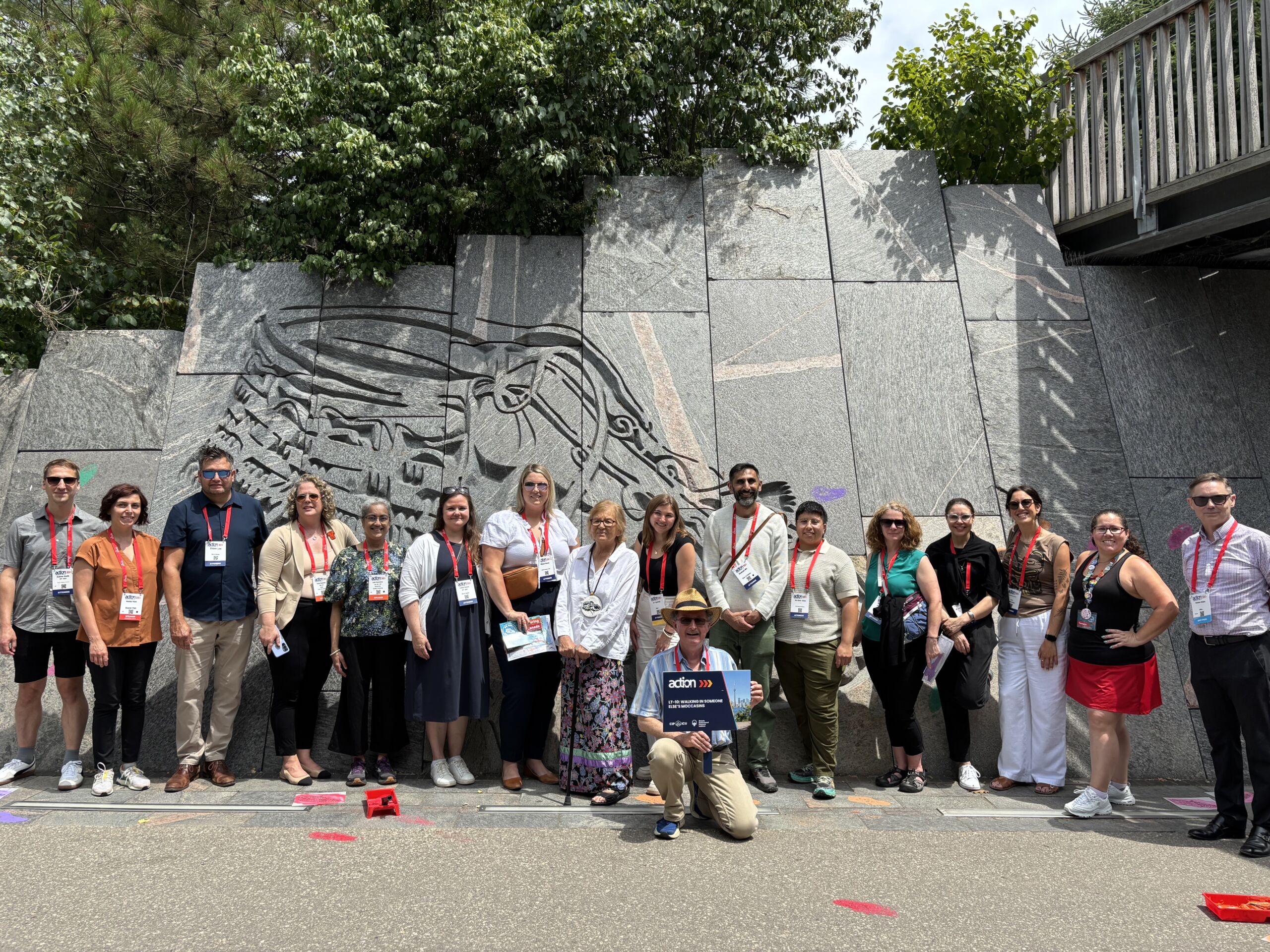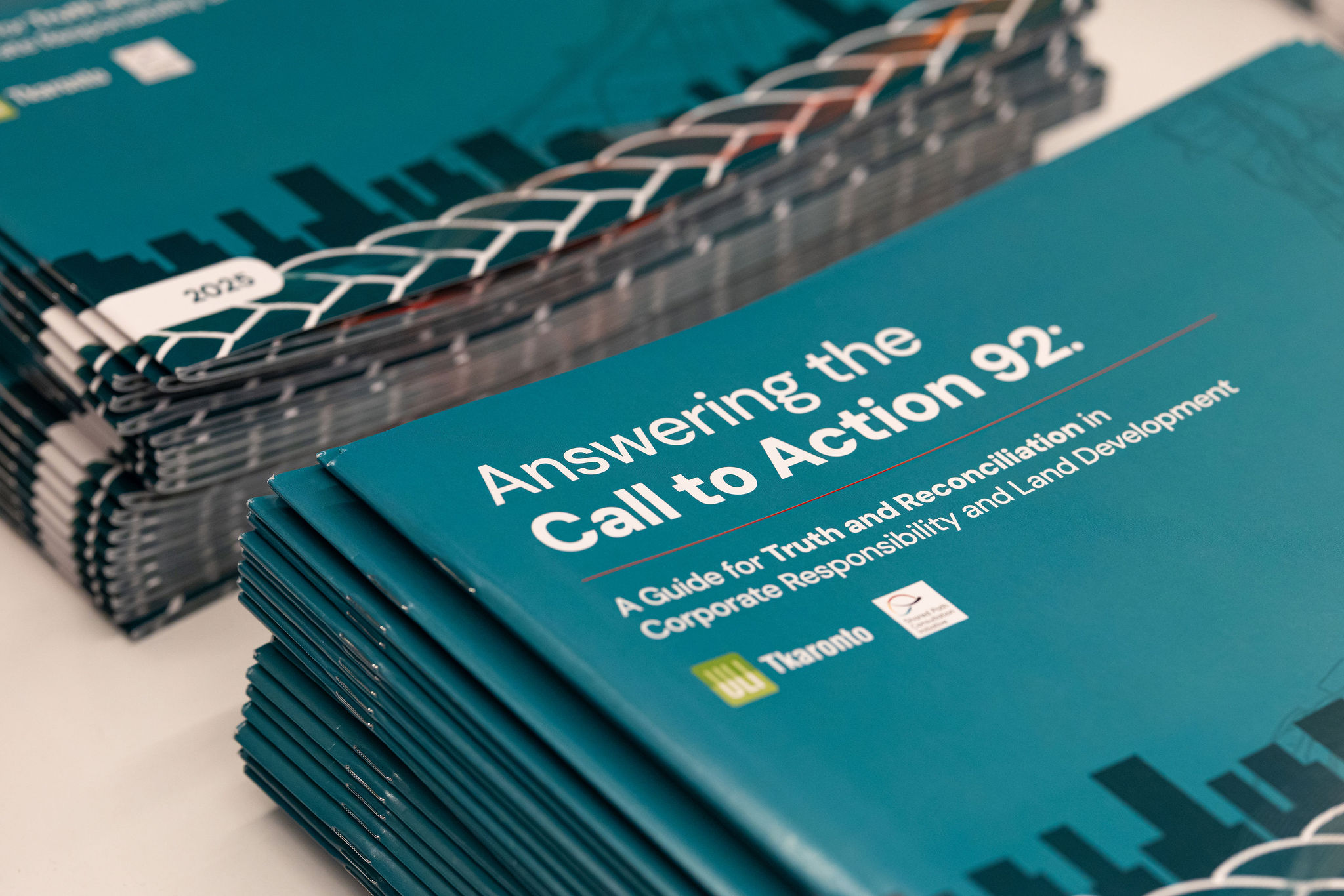Our Shared History Workshop a Success!
Written by Admin, Admin •
On June 26th 2024, the Shared Path hosted a relationship-building workshop, entitled Our Shared History, in Treaty 45 ½. This workshop was organized to explore the shared interests, values, responsibilities as well as pressures that First Nations, Conservation Authorities (and municipalities by extension) face. This in-person workshop was the culmination of two virtual workshops with First Nation and Conservation Authorities. All of this relationship building work was made possible through the generous support of Heritage Canada through the Community Support, Multiculturalism, and Anti-Racism Initiatives Program.
The purpose of the Our Shared History Workshop was to:
- Network and build relationships
- Learn about each other, ourwork, and responsibilities
- Move beyond concerns into collaboration
General discussion explored moving beyond checkbox exercises of engagement/consultation and developing engagement tools in the right way. Consensus was reached on the need for coordination, data and knowledge sharing, as ways to collectively improve capacity and relationships. The long-term goal of relationship building and the development of new tools for Indigenous-municipal engagement in community planning as well as economic development, was set.
Moving forward, the following opportunities to support each other were recommended from participants:
- A formalized consultation hub – through joint tables or committees
- Activate engagement processes as spaces for reconciliation, land management, and dialogue on cumulative impact
- Amend the protection of natural heritage along watersheds to include cultural heritage where First Nations can exercise their inherent rights and authority
- Build relationships with First Nations, Métis, Inuit communities early; not a checkbox exercise
- Collaborate over policy reviews for streamlined approach
- Data and knowledge sharing to improve capacity e.g. Shared Land Map (see sharedpath.ca)
- Develop tools for First Nation-municipal engagement, planning, and economic development
- Support First Nations governments and rights holders to contribute fully to planning, decision making, and shared governance outcomes
Next steps include exploring the development of a Collaborative Hub, serving as a Joint tables or committees for reconciliation, land management, and dialogue on cumulative impacts. One leading example presented was the Muskoka Area Indigenous Leadership Table (MAILT) where First Nations and municipalities are dedicated to working together, starting on a political level, leader-to-leader round table format, where any member can add agenda items of mutual interest. From there, both Municipal staff and First Nation staff lead working groups that take action on recommendations from the leadership table. For further information or to partner please contact admin@sharedpath.ca
A copy of the full report can be found here.
The graphic recording was produced by Playthink.




